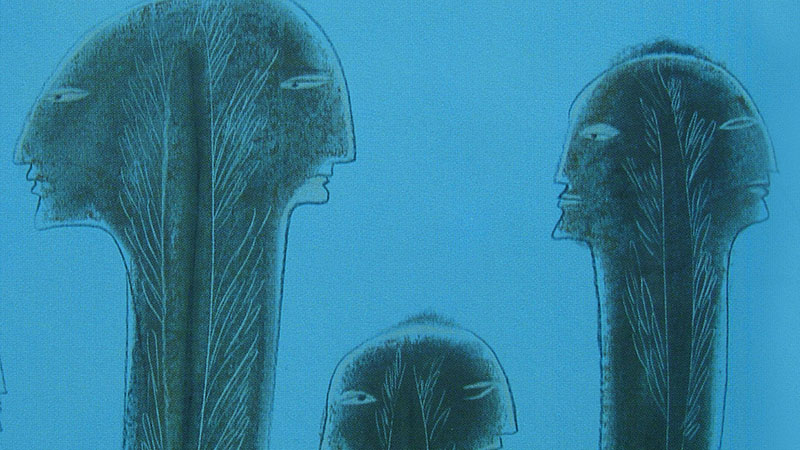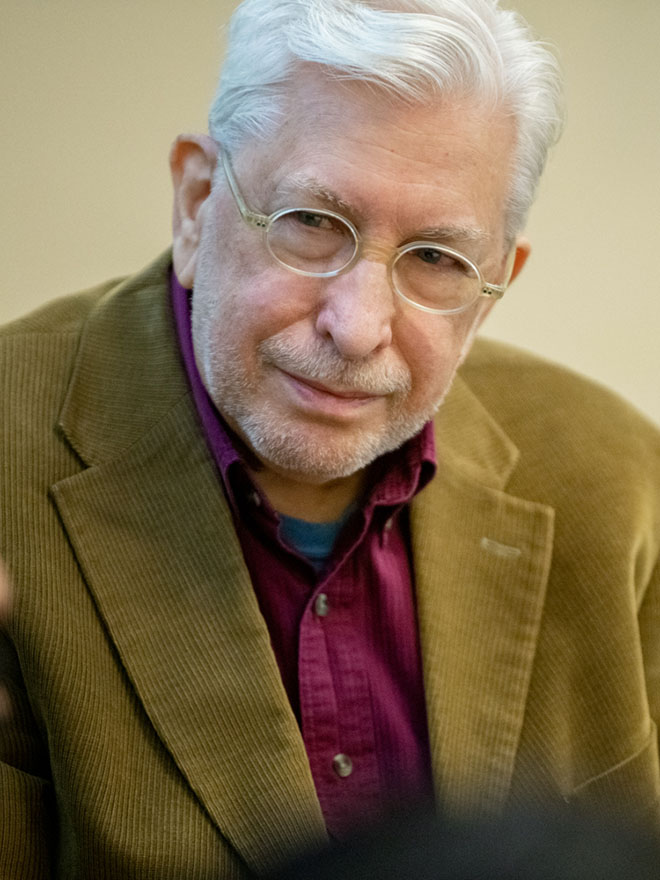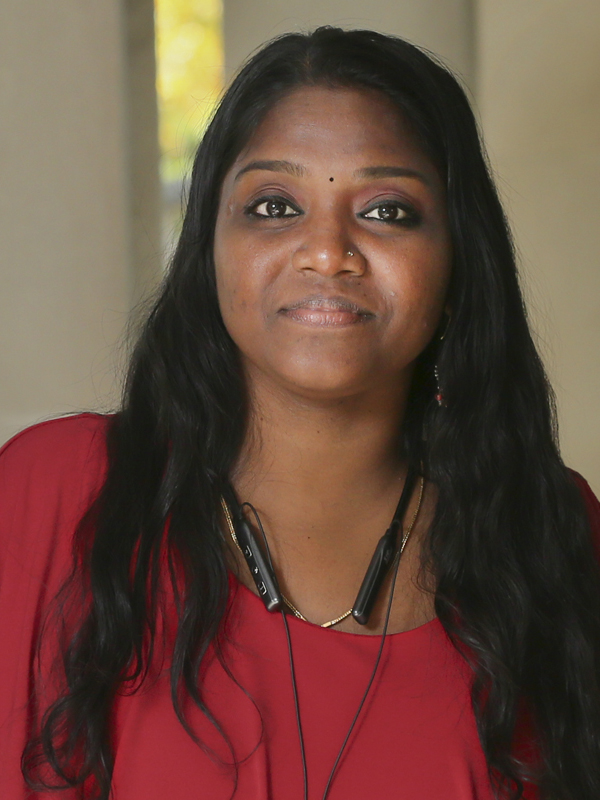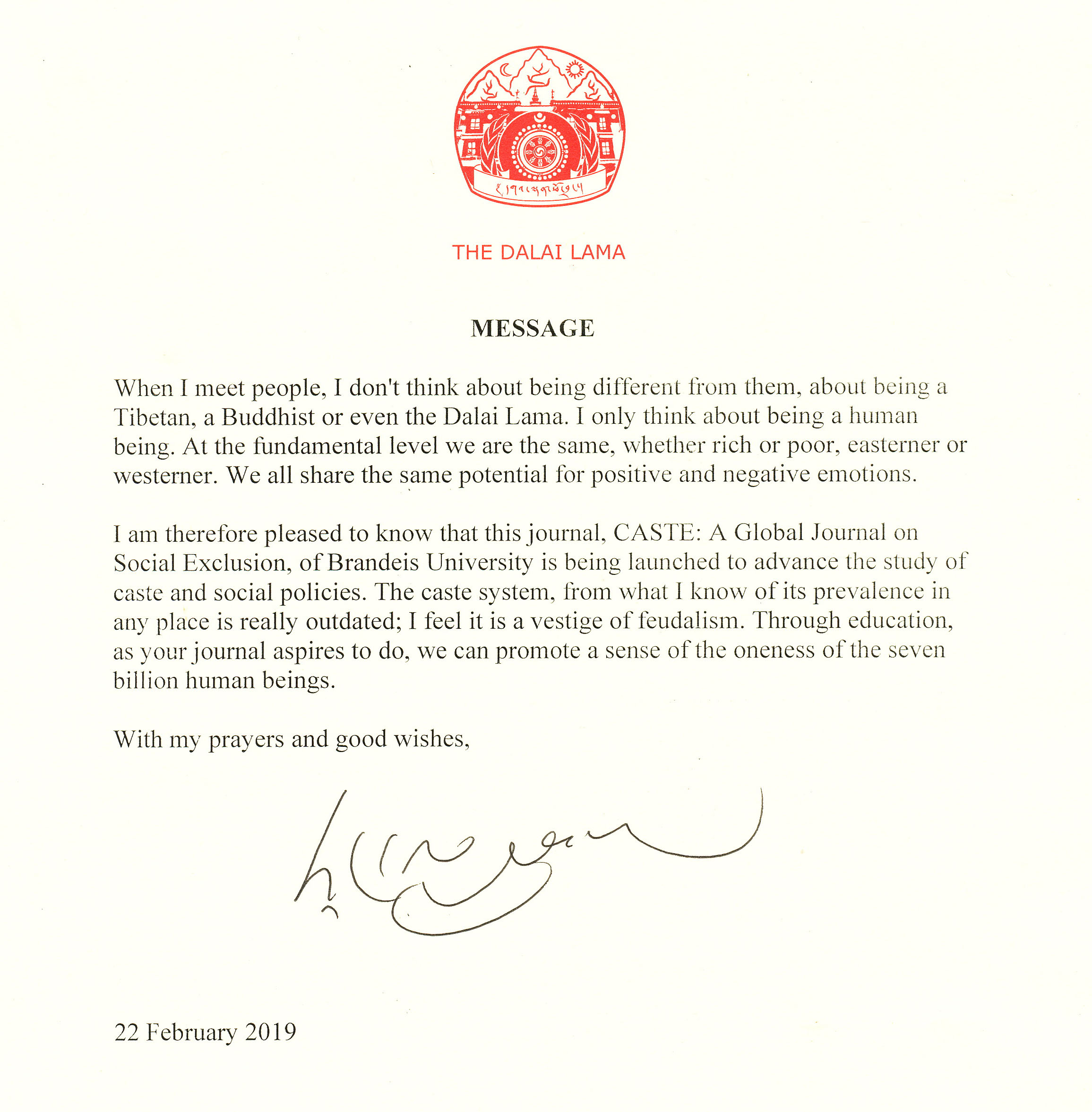
“CASTE: A Global Journal on Social Exclusion” released its first issue on Feb. 26, marking Brandeis University’s first-ever peer-reviewed academic journal. J-CASTE advances peer-reviewed scholarship across disciplines into caste systems in South Asia and beyond.
Professor Laurence Simon, director of the Center for Global Development and Sustainability (GDS) at the Heller School for Social Policy and Management, spearheaded the project and acts as the journal’s co-editor-in-chief. He says, “Even in the 21st century, being born into a low caste is a powerful determinant of quality of life for hundreds of millions in India alone. Most Americans don’t have any familiarity with caste as in South Asia, yet our history is replete with legacies of slavery, antisemitism and other birth-based stigmas.”

Caste, an ancient system of inherited and rigid social hierarchy, remains prevalent in many communities in India and Nepal and in their diaspora. While there has been progress toward equal rights, discrimination and violence against persons formerly known as Untouchables remain common. Simon’s decades of research on the issue helped lead Brandeis to add caste identity to the list of identifiers protected in the university’s non-discrimination clause last year.
In his December 2019 announcement President Ron Liebowitz said, “Guided by our founding values, Brandeis is a leader in making this addition; we know of no other institutions of higher education in the United States that currently include caste in their non-discrimination policies.”
Simon and the members of his editorial advisory board hope that the scholarship convened in the new journal—which will have two issues per year—can help build a community of scholars within American academia.
“We founded the journal in part to have scholarly influence on South Asian Studies programs throughout the U.S.,” says Simon. “When we look at these curricula, many standard survey courses fail to even mention historical figures of great importance, such as Dr. B.R. Ambedkar, father of the Indian Constitution, who led a social movement for the annihilation of caste. This is unbelievable avoidance—not oversight. Classes on the cultures of India that don’t mention caste? It’s unconscionable.”

The first issue includes a felicitation from the Dalai Lama, as well as articles by two winners of the Bluestone Rising Scholars Award, which honors early-career scholars focused on birth-based discrimination. (The award is named for the late Seymour “Sy” Bluestone, who left a bequest to GDS as part of an $8.4 million gift to Brandeis.)
The articles in this issue explore a number of topics related to caste, including housing, health, feminism and slavery. For those interested in exploring the journal, Simon recommends starting with “Recasting Food,” which explores caste’s impact on public programs for supplemental nutrition in India, and “The Revolt of the Upper Castes,” which discusses the rise of Hindu nationalism and its threats to democracy in India. All articles from the open-access journal are free for anyone to read and download online.
J-CASTE is hosted on Brandeis Library’s online journal platform. University Librarian Matthew Sheehy says, “J-CASTE is important for many reasons. It is the first dedicated journal to publish peer-reviewed scholarship on global caste systems, Brandeis' first online academic journal and is open access, meaning there are no barriers to the content if you can access the internet. It is a powerful statement about the importance of studying oppression and about the social justice values of Brandeis University.”
The new journal is an important part of the Heller School’s commitment to addressing disparities around the world through research and scholarship, says Dean David Weil.
“J-CASTE fills in critical gaps in understanding how caste discrimination affects the lives of millions. I congratulate Professor Simon on transforming his longstanding efforts to shed light on these inequities into this new academic journal—it is an important achievement and an contribution to the academy,” Weil says.

